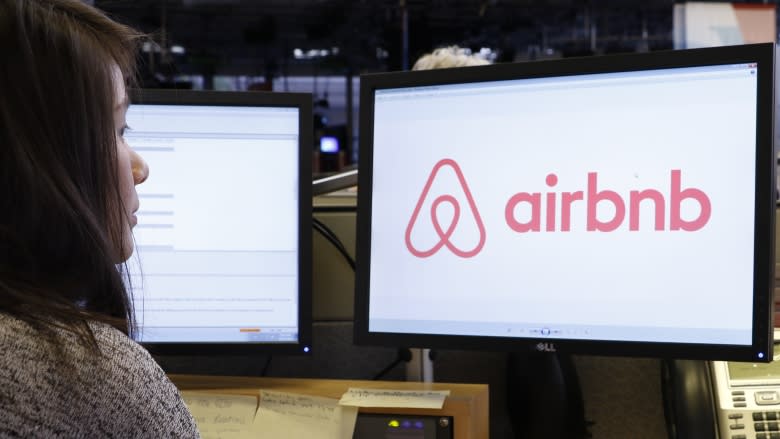City of Kelowna one step closer to regulating Airbnb-style rentals

The City of Kelowna is looking to Vancouver and Victoria as it drafts regulations around short term rentals.
A draft plan presented to city council on Monday would limit Airbnb-style rentals to a room or rooms in an operator's principal residence, thus banning short term rentals in secondary suites, carriage houses and investment properties.
"Short term rentals offer a different option for tourists and other visitors but also present concerns about housing availability and affordability, neighbourhood impacts and relationships with traditional accommodation providers," said city planner Laura Bentley.
City staff studied Kelowna's short term rental market and found that last November 1,158 properties were advertised for rent, with an average nightly rate of $190.
The report found that 78 percent of those listings were for the entire home; either a detached home or condominium.
Many of these listing were found in residential neighbourhoods, which are currently illegal but not regularly enforced.
'What's best for the overall city'
"I sort of viewed the vacation rental business and B&Bs as the Wild West for many, many years, said Coun. Luke Stack.
"We have to look at it from the big picture and what's best for the overall city."
City staff looked at how other municipalities have tackled the issue of vacation rentals, particularly Vancouver and Victoria, which only allow short term rentals in an operator's principal residence.
Other stipulations in Kelowna's draft plan are requirements for operators to have a business licence, along with parking and signage at their short term rental.
The City of Kelowna plans to identify residential and commercial zones that could impact where short term rentals are allowed in the draft plan and also increase enforcement.
It will consult with stakeholders and invite public comment, before council makes a final decision on the regulations.
Read more from CBC British Columbia

